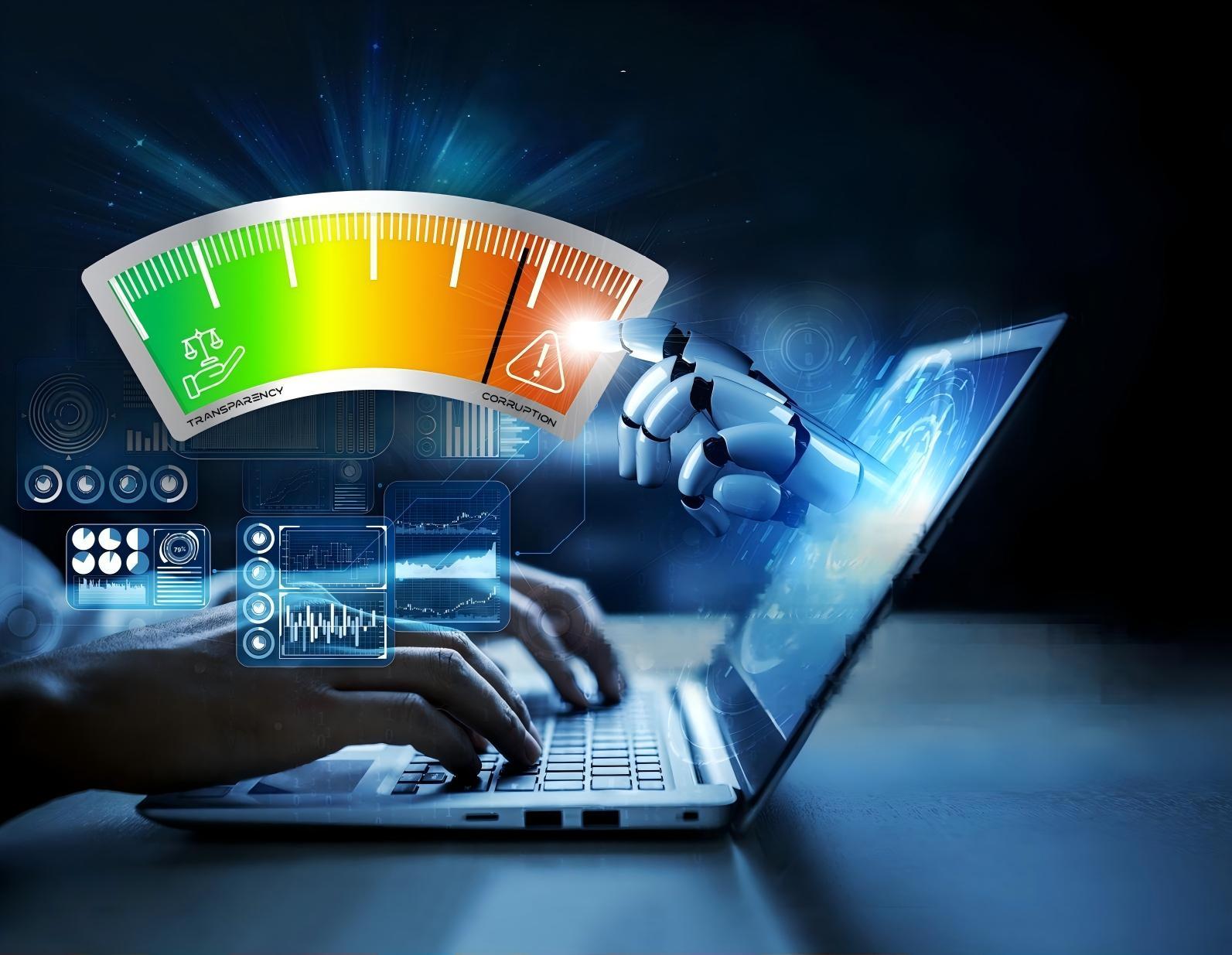
The Use of Technologies for Combatting Corruption. Introduction for Parliaments
Global Organization of Parliamentarians Against Corruption, ROLACC
This e-learning course aims to provide a better understanding of the opportunities and challenges of using technologies to combat corruption while raising awareness, empowering people, and fostering positive mindsets for transforming lives.
Technologies play an instrumental role in combatting corruption due to a wide range of benefits, challenges, and needs caused by development dynamics. Its use from different actors demands responsible knowledge for improving quality of life rather than diminishing it: although the digital gap is present in and between all regions, there is a common understanding of its imperative use as part of globalization for socio-economic inclusion.
Nowadays, better understanding the role of technologies in detecting and combatting corruption in all its dimensions is inevitable and necessary. Therefore, mainstreaming knowledge on the use of technologies and its mutually reinforcing relationship with corruption represents one step forward its conscious use as a mean for eliminating or at least mitigating negative causes and effects on people’s lives and their environment.
As a contribution to this endeavour, the Rule of Law and Anti-Corruption Centre (ROLACC), the Global
Organization of Parliamentarians Against Corruption (GOPAC), and the United Nations Institute for Training and Research (UNITAR) have brought together their expertise to collaboratively developed this e-learning course on “The use of Technologies for Combatting Corruption.”
At the end of the course, participants will be able to:
- Better understand the relationship between technologies and anticorruption
- Describe different opportunities and challenges on the use of technologies to combatting corruption
- Recognize the digital divide and means for supporting anticorruption efforts
MODULE 1 Unscrambling the connection between Anticorruption and Technologies
- What is the relationship between anticorruption and technologies?
- How can technologies support Anticorruption efforts?
MODULE 2 Different dimensions of technologies in the fight against corruption
- What are the challenges and opportunities of technologies in Anticorruption efforts?
- What are the roles and responsibilities of public and private sector in developing and using technologies to combat corruption?
MODULE 3 Enhancing effective use of technologies in Anticorruption efforts
- How to identify technologies for combatting corruption?
- How to optimize the use of technologies?
MODULE 4 Strengthening skills for training on technologies for Combatting Corruption
- How to raise awareness on the use of technologies to combat corruption?
- What are the steps for developing a successful training program on the use of technologies in Anticorruption efforts?
CLOSING REMARKS
The course is based on UNITAR’s sound adult learning pedagogical principles. Each module includes readings, self-assessment activities and quizzes. The learning activities are distributed in such a way to ensure the achievement of the learning objectives in a flexible manner.
The course is designed for supporting individuals and relevant institutions aspiring to increase the effectiveness of technologies in the fight against corruption.
A Certificate of Participation will be awarded to participants who complete all the mandatory activities in the interactive versions of the course. Additionally, a Certificate of Completion will be awarded to participants who achieve a minimum score of 75% on the final test.

